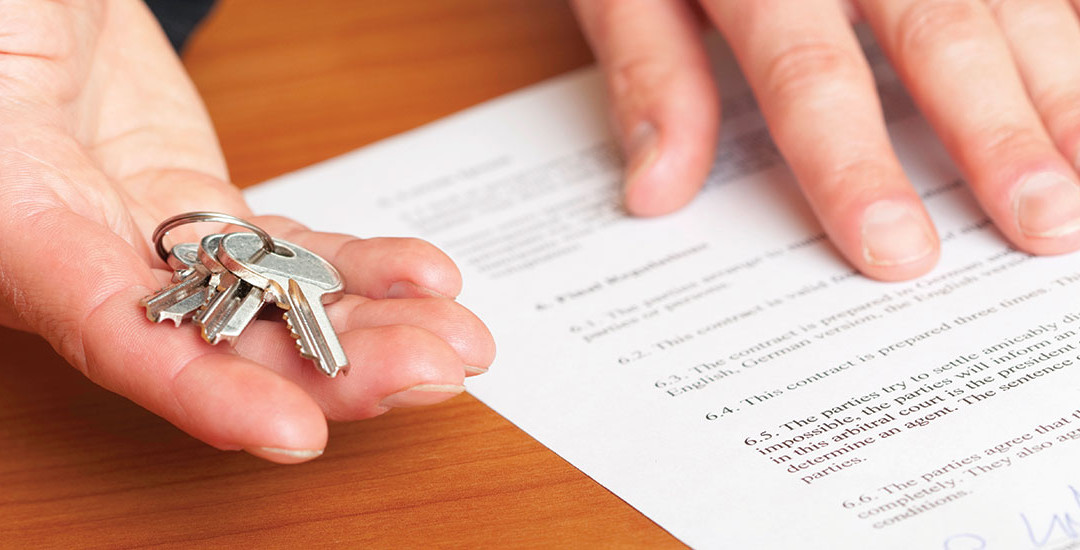When buying residential real estate, there are a lot of documents that you will sign and documents you will receive at the closing. One of those documents is the deed to the property. Even if you are buying with a loan, you will still get the deed at the closing. The bank will just have a lien against the property in the form of a mortgage. Regarding deeds, there are different types of deeds, and each serve a different purpose. One of the most popular deeds in the real estate world is the quit claim deed. However, should you accept a quit claim deed if you are buying a house? The short answer is no.
A quit claim deed is a document wherein the grantor transfers whatever interest they have in real property, like a house, to a new owner. The most important thing to know about a quit claim deed is that it doesn’t make any warranties or promises about the title to the property. A quit claim deed conveys whatever interest the seller has in the property to the buyer, subject to any liens of record. This is the complete opposite of a warranty deed wherein the grantor transfers title to the property with a guarantee of clear title. That is why, it is imperative, if you are buying real estate, you should never accept a quit claim deed for the transfer of ownership.
The most popular situation in which to use a quit claim deed is in transactions involving trusted family members or to one’s own trust. For example, if you want to transfer your house into a revocable trust for estate planning purposes, or if you want to transfer your house to a child as a gift or early inheritance, both are good examples of when a quit claim deed may be appropriate.
If you are conducting a legal transaction involving a quit claim deed, you must make sure it is valid before you sign it. To be valid, a quit claim deed must include the legal description of the land being transferred, the county name and address of where the property is located, a consideration amount ($10.00 is used most commonly), the grantor’s signature, and the signature of a notary public with the stamp/seal. Additionally, many municipalities have a stamp you must obtain and affix to the deed before it will be recorded.
Another important fact is that real estate deeds must be recorded with the county where the property lies. Unfortunately, the county recorder’s office charges a recording fee, and every county has a different fee. If any of the above information is missing on the deed, the recorder will not record the deed.
Above is a quick summary of what a quit claim deed is and when you might use it. If you have any questions on how to draft a deed or need help with a real estate transaction, please give us a call.
Common legal definitions:
Grantor – the person who is giving the property
Grantee – the person who is receiving the property
Quit claim deed – used most commonly when there is a transaction without a traditional sale
Warranty deed – provides the greatest amount of protection to the purchaser of a property

